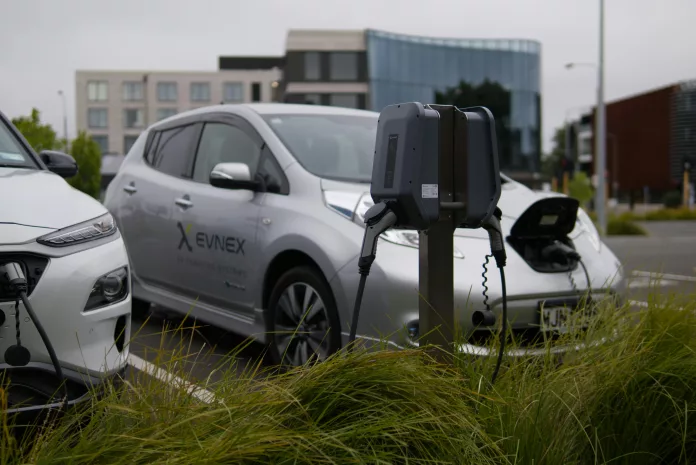Electric vehicle (EV) charging is a foundational pillar in the monumental shift towards electrified transportation. It represents not just an innovation in vehicle technology, but also a profound change in daily habits for drivers transitioning from traditional fuel to electric cars. The momentum of EV adoption heavily depends on the state of charging infrastructure in key regions including the United States, Europe, and Australia. Our comprehensive new report, titled The State and Promise of EV Charging Infrastructure, delves into this topic with depth and foresight.
Challenges and Expectations in Public Charging
Public Direct Current Fast Charging (DCFC) networks are under scrutiny. In recent surveys, user satisfaction has seen a significant drop, emphasizing the need for heightened attention to reliability and accessibility of these charging stations. Among EV owners, concerns about non-functional chargers have heightened, with nearly half of them citing it as a major deterrent. The urgency to enhance EV infrastructure is echoed in recommendations to incorporate EV-ready spaces in new building codes, a move that would greatly benefit urban residents and promote EV adoption.
Investing in America’s Electric Future
In response to the pressing need for infrastructure improvements, the Infrastructure Investment and Jobs Act from 2021 stands out as a crucial financial engine that will help drive forward the deployment of EV charging stations across the United States. With billions allocated to promote not only charging stations but also other electric initiatives, there’s a palpable sense of progress and an ambition to meet the demands of an EV-rich future.
Europe’s Charging Point Projections and Challenges
Across the Atlantic, Europe faces its own set of challenges and objectives. With a projected necessity for millions of public charging points to facilitate a fossil fuel-free future, the current pace of installation must be dramatically accelerated. Certain nations have begun to spearhead this effort, yet the overarching requirement for an enhanced grid to support such widespread electrification is incontrovertible. This rapid evolution in EV charging infrastructure is expected to account for a growing, but still manageable, segment of the EU’s total electricity consumption over the coming years.
Charging Habits Across Europe
Europe’s EV owners are currently more likely to charge their vehicles at home or at work, enjoying the benefits of lower-cost electricity and the convenience of overnight charging. While this meets current demands, the forecasted expansion of EV ownership will require more public charging solutions, alongside a strengthened grid to ensure a resilient and efficient network of power access.
Altogether, the insights from Carolyn Fortuna’s report, enriched by a CleanTechnica survey, offer a deeper understanding of the evolving landscape of EV charging infrastructure. As we continue to witness the burgeoning growth of electric vehicles on a global scale, the intertwined challenges and opportunities in charging technology remain a focal point for industry stakeholders and policy-makers alike.

























